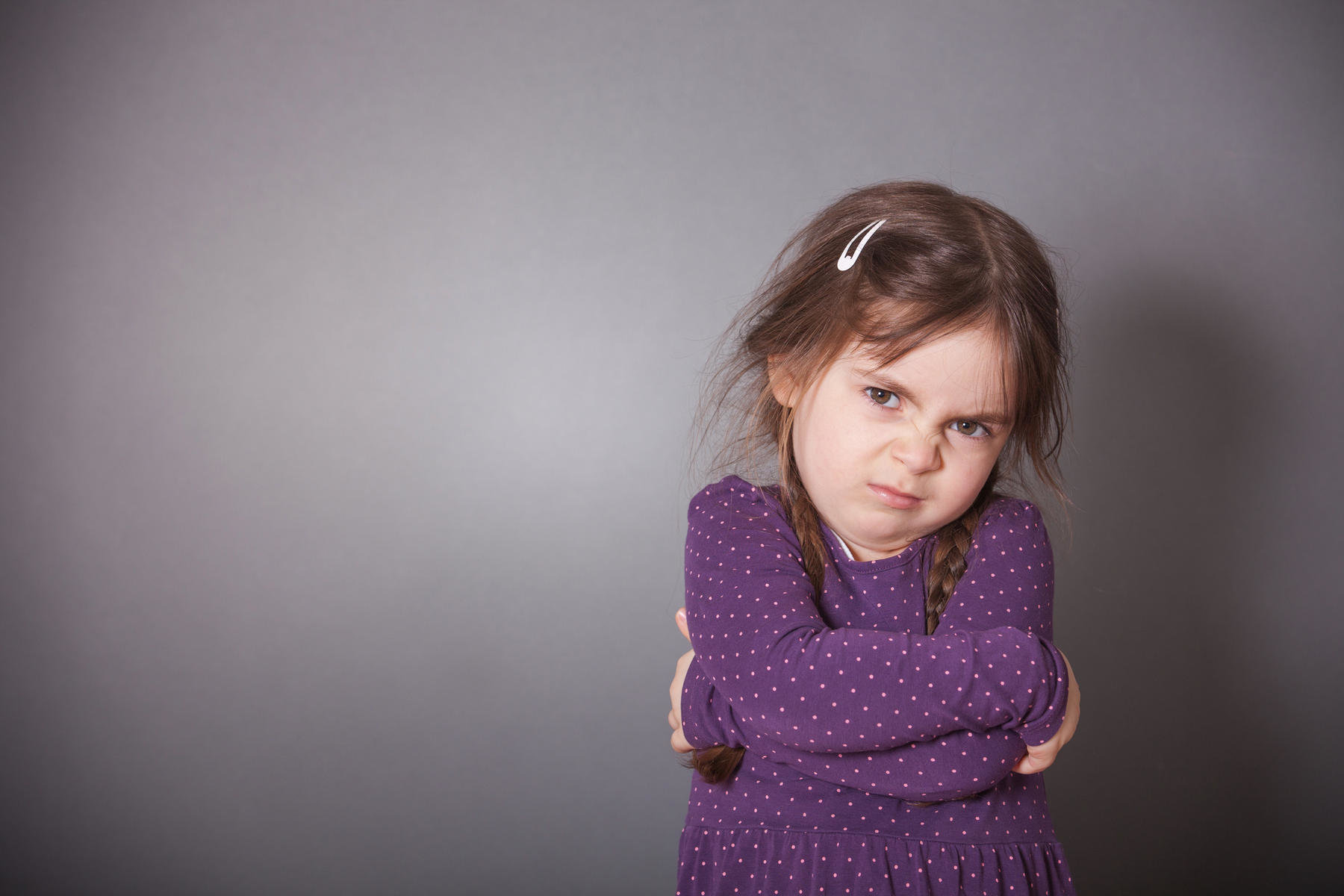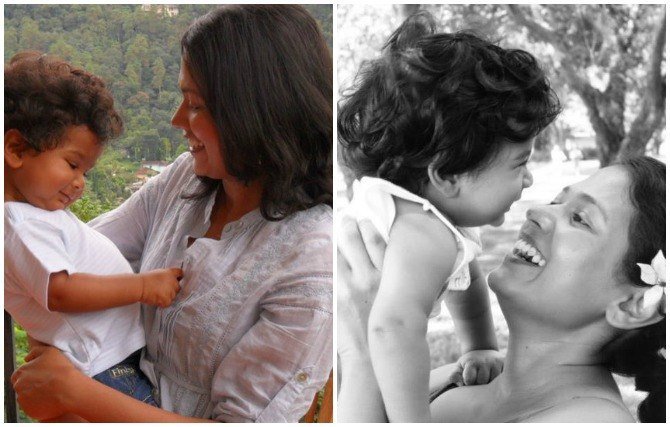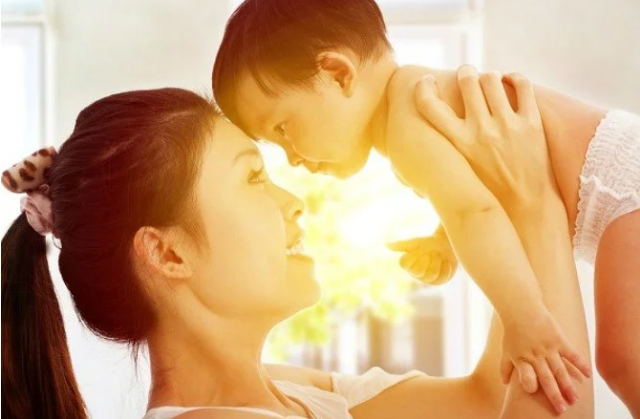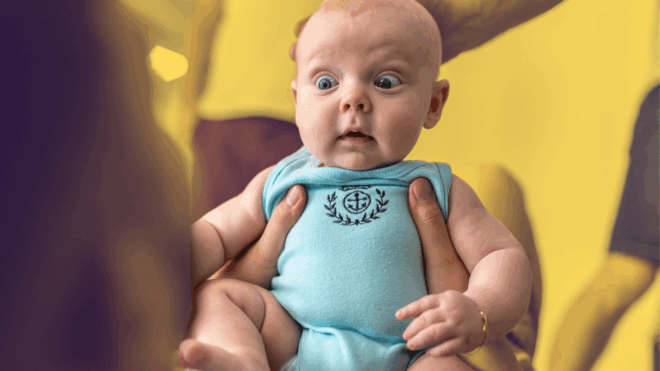
I recently read a really funny article on why kids’ behaviour is 800% worse when mum is around (based on mock research).
And it’s so true — a child’s behaviour is almost 100% guaranteed to start declining very rapidly the moment he sees mummy, especially if he’s been away from her for some time.
I know this is true through first-hand observation of my own children. When my older son — now almost six years old — was a wee toddler, he went to daycare in Melbourne, Australia.
Of course, the first few days, even weeks, were rough on him and as expected, he cried his little heart out when I dropped him there in the morning. But as time went by, he grew more familiar with the place and his carers — I know this because there was a secret observation spot for mummies to “spy” on their kids.
I would watch him from this observation spot on many days, happily playing, smiling and laughing. But the moment he saw me, that was it!
He would burst into tears — big, heart-wrenching sobs that would make me want to sob along with him!
Of course, it was nothing to do with his unhappiness with the daycare centre (he wasn’t unhappy). It seemed to be that just the mere sight of me that was enough to trigger his waterworks.
This behaviour was also (and still is!) quite apparent with my youngest son too, all of three years old now. The little boy who tirelessly tramps a kilometre on foot with his father demands to be carried when I am around… you get the picture, right?
I could give you a hundred examples of how both my boys seemingly play up the moment they see me, and I really didn’t understand why until this phrase from the “fake study” article caught my eye and got me thinking:
“What we found was that children as young as eight months-old could be playing happily but upon seeing their mother enter a room were 99.9% more likely to begin crying, release their bowels, and need her immediate attention.”
It’s actually quite clear why a child’s behaviour seems to deteriorate in mum’s presence!

Both my boys when younger (oldest on the left, youngest on the right) would demand to be carried and not put down for the longest time, the moment I walked into the room. I now know this was their way of telling me how much they missed me and love me.
theAsianParent.com
We are our children’s safety blankets
Our little ones let go of their beautiful behaviour the moment they see us because they feel secure in our presence — it’s as simple as that.
In other words, your child knows deep in his little heart that he can always come to you with his “problems”.
These could be whining about his sister taking his favourite toy, or proclaiming that his legs are tired and therefore you must “cawwy me now!”(never mind that he was dancing on your coffee table for a good 30 minutes before this demand with no signs of exhaustion).

You, dearest mummy, are your little one’s safety blanket. He whinges, whines, complains and cries in your presence because if he can’t do this with you, then who else can he do it with?
So the next time you come home after a long, hard day at work and your child greets you with tears and tantrums instead of smiles and cuddles, just remind yourself of this.
Your little one has probably had a long, hard day too — without you, his favourite person in the whole wide world.
He’s been holding it together like a tiny soldier all day long and now that he’s in your arms, he can finally let it all out.
Your child is able to freely share his emotions with you because he loves you to bits. And you know you will always love him more than he ever knows.
You also know in your heart of hearts that you wouldn’t have it any other way.
GIF source: Giphy
This article was republished with permission from theAsianParent
theAsianparent is a publication under Tickled Media Pte Ltd. Started in September 2009, it is the largest parenting website in Southeast Asia, targeted at urban parents and parents-to-be who live in Asia or are of Asian heritage. theAsianparent speaks to every stage and priority of an Asian mom’s journey – from pre-conception to pregnancy, to breastfeeding, and even how to raise smart, strong and kind children.




